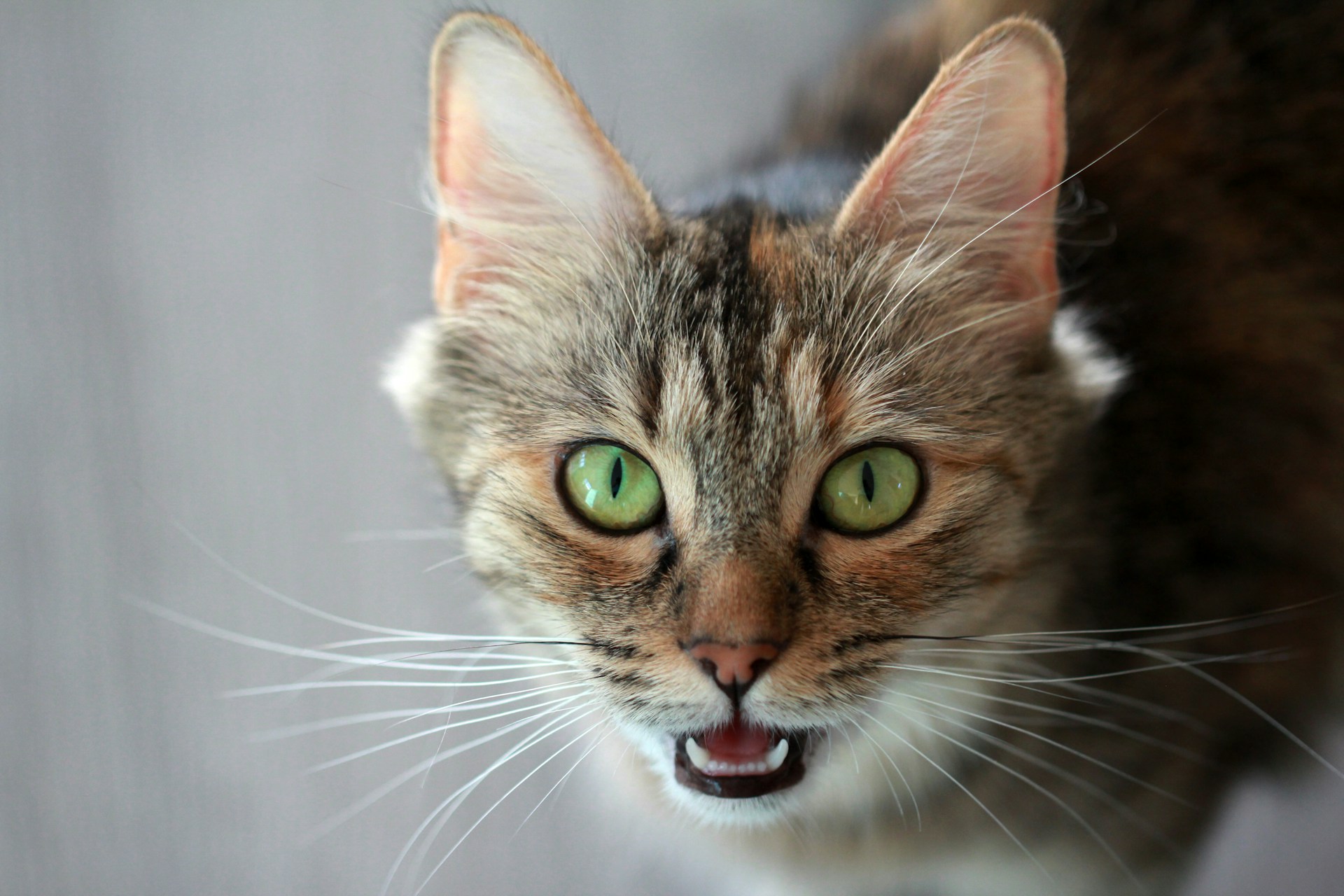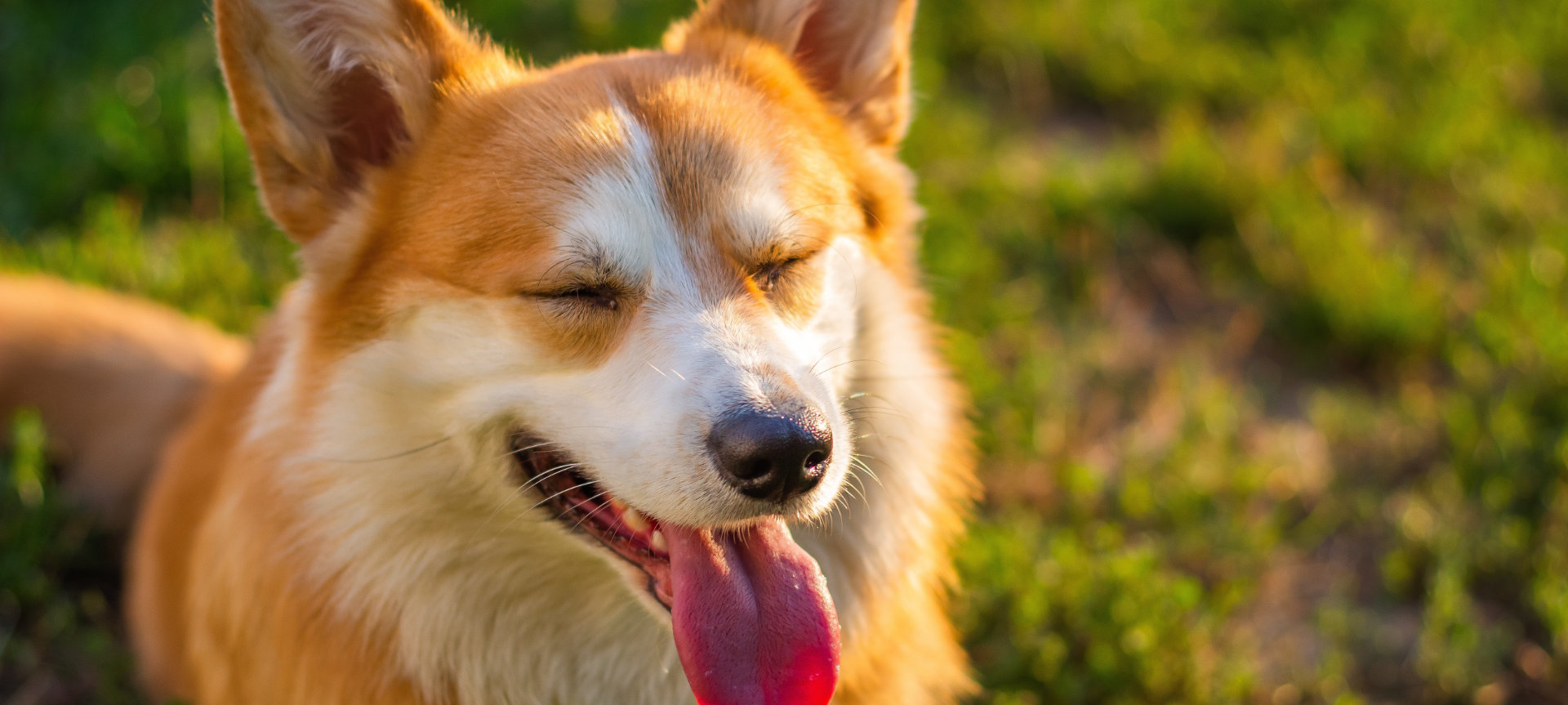
10 Jun How Often Do Dogs and Cats Need a Teeth Cleaning?
Just like us, our furry companions need regular dental care to maintain good oral health. While brushing your pet’s teeth daily is ideal (and we’ll touch on some tips for that!), professional cleanings are also essential. But how often does your dog or cat need a trip to the vet for a teeth cleaning? Let’s dive into the specifics for both dogs and cats.
Annual Checkups Are Key
The American Animal Hospital Association recommends yearly exams for pets, which include a dental check-up. During this exam, your veterinarian will assess your pet’s teeth and gums for signs of trouble like plaque, tartar buildup, and gingivitis. Based on this assessment, they’ll recommend a cleaning schedule tailored to your pet’s needs.
Frequency Factors
While annual cleanings are a good starting point, several factors can influence how often your pet needs professional intervention:
- Age: Senior pets are more prone to dental issues due to wear and tear. They may require cleanings every six months to a year.
- Breed: Small breeds and flat-faced breeds like Pugs and Bulldogs tend to have crowded teeth and trouble cleaning their mouths on their own. They might need cleanings as early as six months old and then every six to twelve months.
- Lifestyle: Does your pet love chomping on hard kibble or chew toys? This constant chewing can lead to faster enamel wear, necessitating more frequent cleanings.
Dental Cleaning Frequency for Dogs
- Daily Brushing: Ideally, you should brush your dog’s teeth daily. This helps to remove plaque before it hardens into tartar. Use a toothbrush and toothpaste designed specifically for dogs.
- Professional Cleanings: Dogs generally need a professional dental cleaning once a year. However, the frequency can vary based on several factors:
- Age: Older dogs might require more frequent cleanings as they are more prone to dental disease.
- Breed: Smaller breeds and certain breeds like Bulldogs, Boxers, and Dachshunds are more susceptible to dental issues and may need cleanings every six months.
- Diet and Chewing Habits: Dogs that consume a dry food diet and chew on dental-friendly toys may accumulate less plaque and tartar, potentially extending the time between professional cleanings.
Dental Cleaning Frequency for Cats
- Daily Brushing: Cats also benefit from daily brushing. Use a cat-specific toothbrush and toothpaste. Be gentle and patient, as many cats are not initially fond of this process.
- Professional Cleanings: Most cats require a professional dental cleaning once a year. Similar to dogs, this frequency can vary based on the following factors:
- Age: Older cats often need more frequent dental care due to the higher risk of periodontal disease.
- Breed: Some breeds, like Siamese and Maine Coons, are more prone to dental issues and may need cleanings every six months.
- Diet: Cats that eat dry food and have access to dental treats or toys may have better dental health, potentially reducing the frequency of professional cleanings.
5 Signs Your Pet Needs a Dental Cleaning
Regardless of the general recommendations, it’s important to monitor your pet for signs that indicate a dental cleaning is needed:
- Bad breath: Persistent bad breath can be a sign of dental disease.
- Discolored teeth or visible tartar: Yellow or brown tartar buildup on teeth is a clear sign.
- Red or swollen gums: This can indicate gingivitis, the early stage of periodontal disease.
- Difficulty eating or loss of appetite: Painful teeth or gums can make eating difficult.
- Drooling or pawing at the mouth: These behaviors can indicate discomfort or pain in the mouth.
Brushing at Home Matters Too!
Dental cleanings are crucial, but they don’t replace at-home dental care. Brushing your pet’s teeth with a pet-specific toothpaste a few times a week can significantly reduce plaque and tartar buildup. Starting this routine early can help prevent future dental problems and the need for more frequent cleanings.
Maintaining Your Pet’s Dental Health
In addition to regular brushing and professional cleanings, here are some tips to maintain your pet’s dental health:
- Dental chews and toys: These can help reduce plaque and tartar buildup.
- Healthy diet: A balanced diet with appropriate food can support dental health.
- Regular check-ups: Regular veterinary check-ups can help identify dental issues early.
Keeping Your Pet’s Smile Healthy
By scheduling regular dental checkups and cleanings with your veterinarian, and practicing good at-home dental hygiene, you can help your pet maintain a healthy mouth and a happy smile for years to come. Talk to your vet today about creating a dental care plan for your furry friend!
Pet Dental Cleanings in Knoxville, Tennessee
Regular dental care is crucial for the health and happiness of your pets. While daily brushing and annual professional cleanings are general guidelines, individual needs can vary based on age, breed, and other factors. By staying proactive about your pet’s dental health, you can help prevent serious health issues and ensure a long, healthy life for your furry companion. If your dog or cat is due for a cleaning, contact Animal Dental Services in Knoxville to schedule an appointment.
Taking the time to care for your pet’s teeth is a small investment with a big payoff. After all, a happy pet is a healthy pet!
Images used under creative commons license – commercial use (6/10/2024). Photo by Sandy Millar on Unsplash




